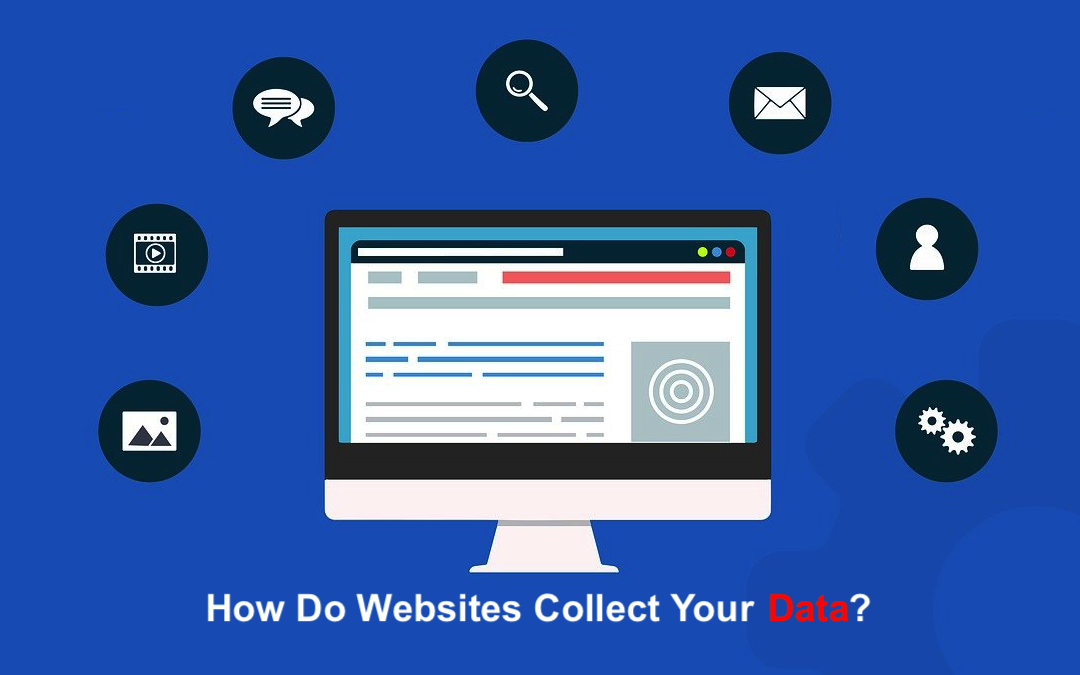
Every website you visit collects data in one form or another. You may or may not have to give them your permission to do so, either.

Every website you visit collects data in one form or another. You may or may not have to give them your permission to do so, either.
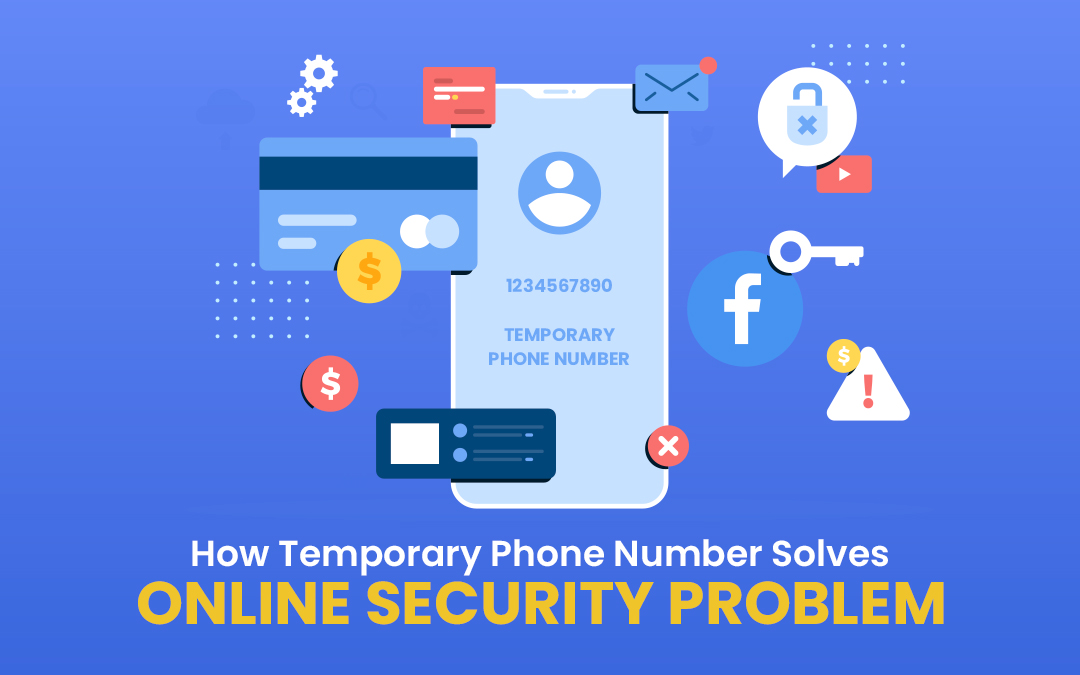
Maintaining privacy on the internet is becoming increasingly difficult. Every social network, email service, or classified ad site requires a significant amount of personal data, which is then used for advertising purposes. When creating an account on a social network or messenger, information about you becomes accessible to all your contacts as soon as you provide your phone number. Imagine how uncomfortable it can be to use an "anonymous" messenger or dating app where the service automatically suggests your profile in the recommendations list for friends, relatives, acquaintances, and former colleagues.
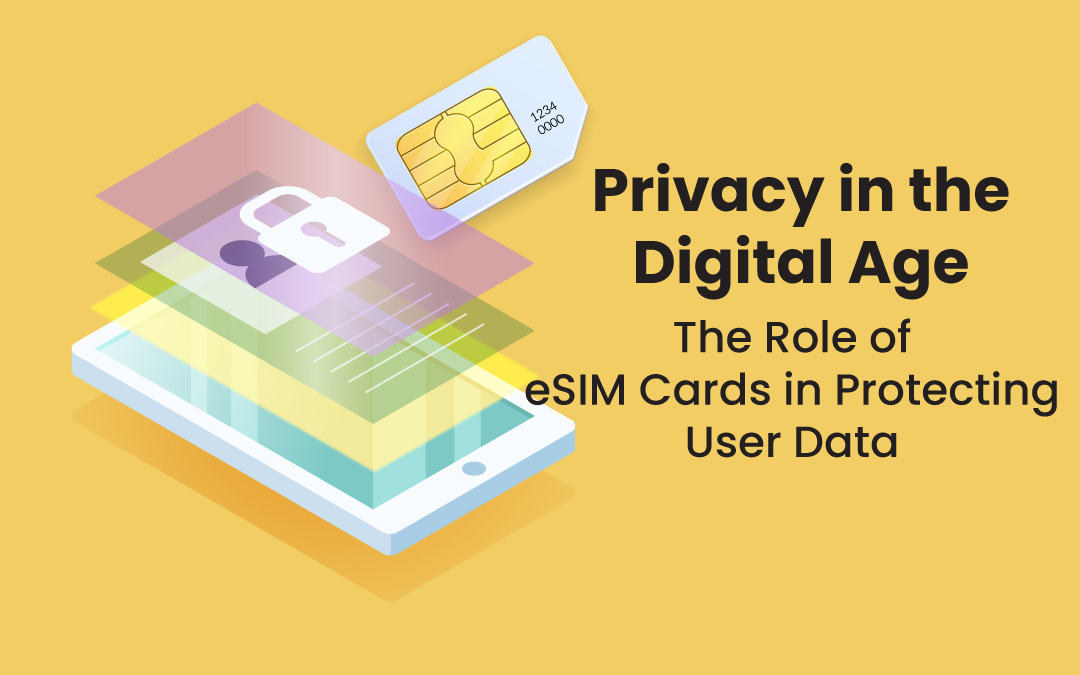
The use of eSIM cards is a saving grace for many international travelers and digital nomads. It allows people to change their SIM card without having to physically replace it. This allows you to seamlessly switch between different platforms without undergoing too much effort.

More and more nations are rolling out legislation to deal with data privacy issues in a far more formal way than in the past. This means businesses have to be up to speed with the legal aspects of compliance, so here’s the lowdown on the fundamentals so you aren’t caught out.

In the current digital age, our lives have become more intertwined with the online world (digital technology) more than ever. We now share and store a vast amount of personal information online, Thus privacy has become an increasingly vital concern for individuals and businesses alike. Technology however often presents challenges to our ability to control our personal information as well. One of the key elements of technology that impact online privacy is IP location tracking. This invention, though it is useful in many respects, also poses significant privacy risks. Here, we will explore IP location, and understand how it impacts privacy and its relevance to cryptocurrency users.

Data leaks in 2024 have resulted in at least 1 billion stolen records and this figure continues to rise as hacks proliferate. These malicious acts affect individuals whose information was exposed while encouraging criminals to escalate because of profits gained from cyberattacks. Digital transformation, data proliferation, human errors, and sophisticated cyber techniques account for the growing incidence of data leaks.

The security of your online privacy hangs delicately in the cybernetic balance. With cyber predators becoming ever more cunning, and data leaks increasing by the day, protecting your personal data can no longer be taken lightly.
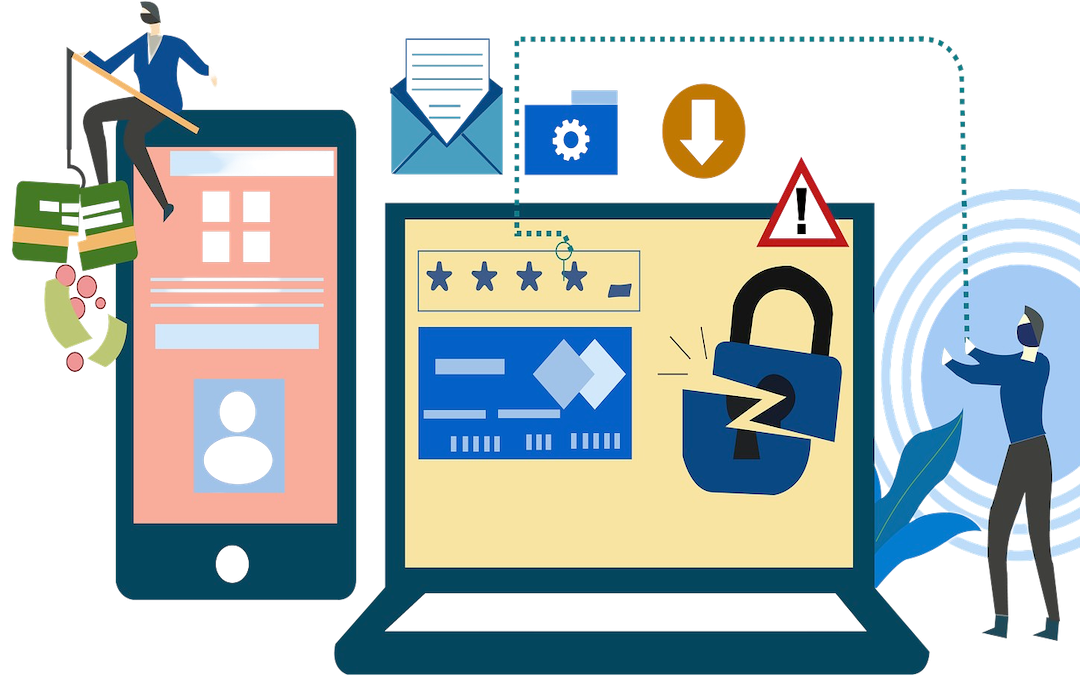
Over the years, I've delved deep into the tech world, witnessing the exponential growth of digital technologies and the accompanying challenges related to online privacy. My experience has shown that even the most tech-savvy individuals can sometimes neglect crucial aspects of protecting their personal information online. This realization motivated me to write this article, aiming to share essential best practices for maintaining online privacy. By implementing these strategies, you can safeguard your digital presence and navigate the online world with confidence and security.
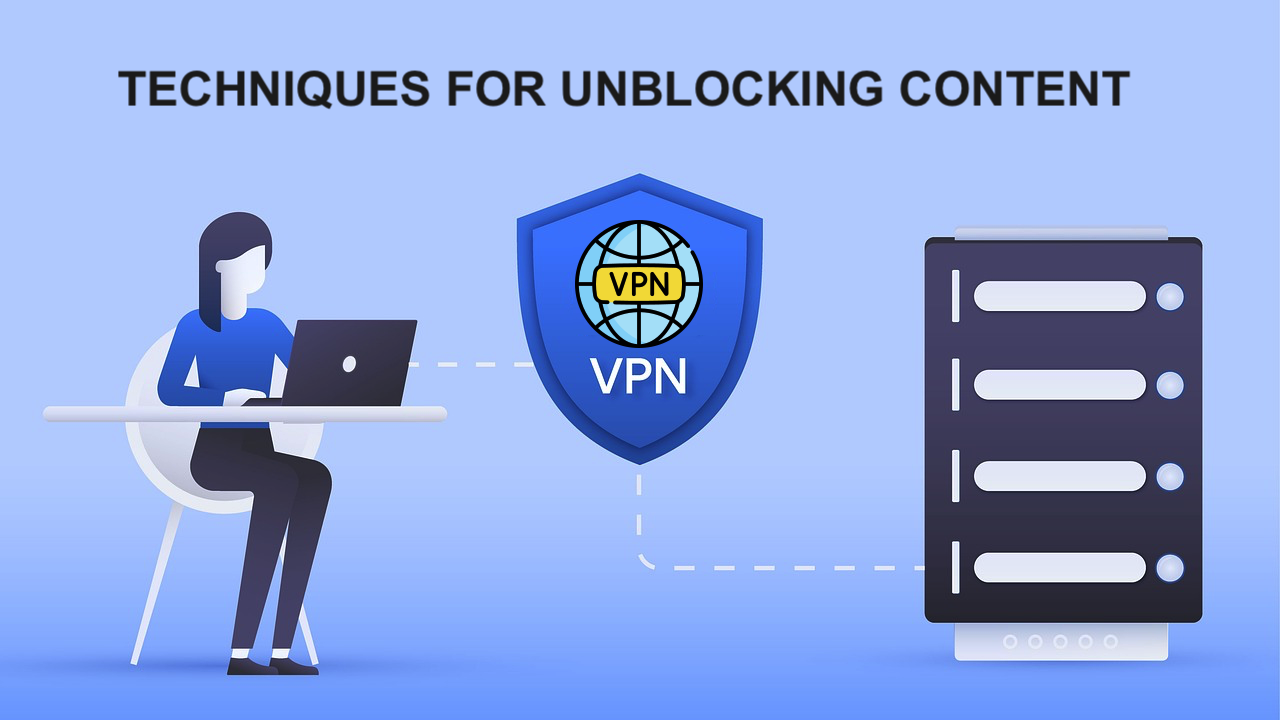
Ever felt like your digital life is being stifled by endless restrictions and blocks? Fear not! This comprehensive guide will walk you through the best tools and techniques to maximize your digital freedom. These tools will ensure you can access the content you crave without compromising your privacy or security. Let’s dive in and unlock the secrets of the web together!

Given the volumes of data we’re dealing with today, and the increasingly stringent rules governing privacy for individuals, it is unsurprising to see an arms race in terms of how to handle this state of affairs.